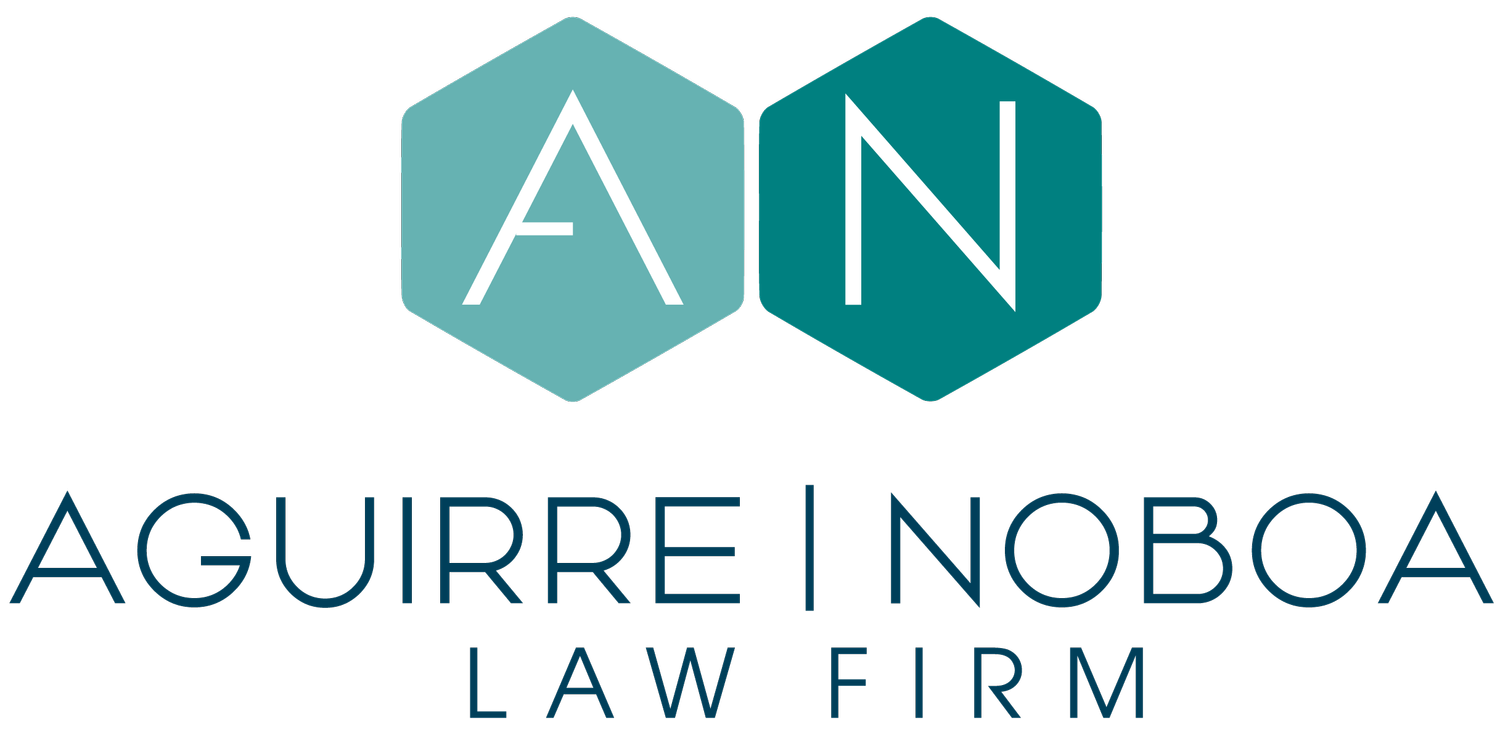How can I protect my music in Ecuador? Intellectual property for musicians
Every April 26, we celebrate World Intellectual Property Day, and in 2025, WIPO (the World Intellectual Property Organization) has chosen a very special theme: “IP and Music: At the Rhythm of IP.” What does this mean for you as a musician, composer, performer, or producer? It means that your creations hold not only artistic value but also legal and economic value.
If you're a musician in Ecuador, here are answers to some frequently asked questions you’ve probably had about how to protect your work.
-
Yes! In Ecuador, as in many other countries, your work is protected from the moment you create it. That means if you’ve composed a song or recorded an original piece, you already hold rights over it. This protection is guaranteed by the Código Ingenios, the Berne Convention, and Andean Community regulations.
However, registering your work with SENADI (National Intellectual Rights Service) gives you an important advantage: official proof that you are the author, which is crucial if someone ever uses your music without permission.
-
You have two types of rights:
Moral rights
No one can claim your work as their own, modify it without your permission, or use it without giving you credit. These rights are yours forever and cannot be transferred.
Economic (or patrimonial) rights
These allow you to authorize or forbid others from using your work—reproducing it, distributing it, uploading it to streaming platforms, using it in events, and more. These rights last up to 70 years after your death and can be inherited or licensed to others.
-
You have rights too! These are called Neighboring Rights (or Related Rights), and they protect:
Performers (like you, if you sing or play an instrument),
Producers of sound recordings (phonograms),
Broadcasting organizations.
As a performer, you have the right to:
Have your performance respected and not altered without your consent,
Prevent others from using your performance without your authorization,
Receive fair compensation when your performance is used commercially (on radio, TV, streaming platforms, etc.).
These rights typically last between 50 and 70 years, depending on the specific case and applicable laws.
-
Registering your work with SENADI gives you several practical advantages:
It serves as legal proof that you are the creator.
It protects you against plagiarism or unauthorized use of your music.
It makes it easier to negotiate contracts with producers, record labels, or digital platforms.
It helps you enforce your rights more effectively in case of a dispute.
In short, registration strengthens your legal position and opens doors for professional opportunities in the music industry.
How do I register a musical work with SENADI?
Registering a musical work in Ecuador is a relatively accessible process, but it must be done correctly to ensure effective protection. Here are the general steps:
Complete the official online form through the SENADI platform.
Attach the required files, such as the sheet music or recording of the work.
Include a copy of the author’s or holder’s identification document.
Specify clearly if the work includes lyrics, music, or both.
Pay the corresponding fee of $12.
Once the documentation is validated, SENADI will issue a registration certificate, usually within 15 to 30 business days.
Although the process seems straightforward, details like correctly identifying the author and holder, the type of work, or any contracts related to collaborations or commissions, can be crucial for the validity of the registration. A mistake at this stage could affect your ability to enforce your rights in the future.
For this reason, having specialized legal advice in intellectual property not only speeds up the process but also ensures your music is registered solidly, strategically, and aligned with your long-term interests.
At Aguirre Noboa Law Firm, we assist you every step of the way: from analyzing your work, drafting contracts if necessary, to registering and defending your rights as an author or performer.
As intellectual property experts, here’s what we recommend:
Keep all drafts and recordings of your songs. They can help prove your creative process and serve as evidence of your authorship.
If you collaborate with other musicians, make sure to sign clear agreements about who owns what and how the rights will be shared. This avoids potential conflicts later on.
Consider joining a collective management society like SAYCE or SARIME, which handle the collection and distribution of royalties for the use of your music. They help ensure you get paid fairly when your music is played, streamed, or otherwise used.
These steps will help you secure your rights and maximize the value of your music in the long term.
Music is art, but it’s also intellectual property. Protecting your creations not only gives you security, but also allows you to live off your talent in a fair way. At Aguirre Noboa Law Firm, we can help you register your works, draft contracts with producers or platforms, and ensure that your rights as a musician are always protected.
Do you have specific questions or need personalized advice? We’re here to help!
Author: María Cristina Guerra
Edited by: Priscila Ordóñez


